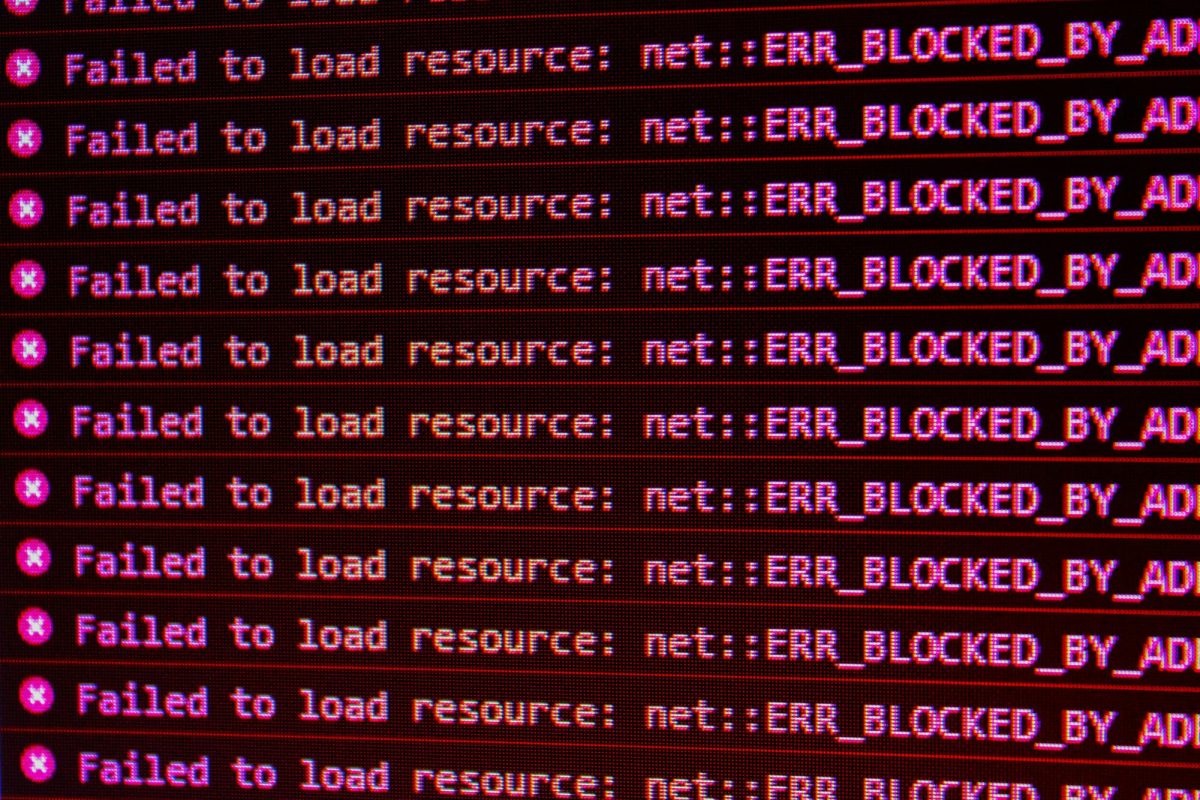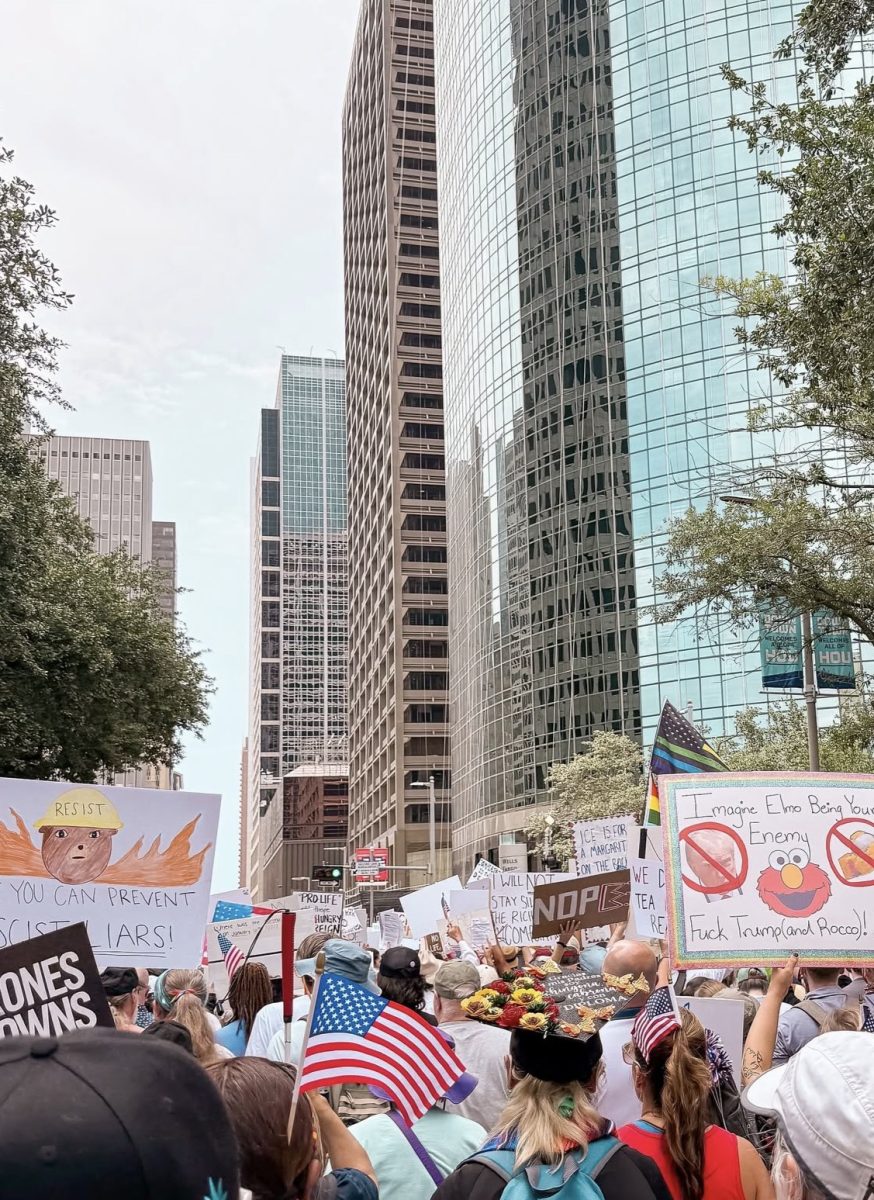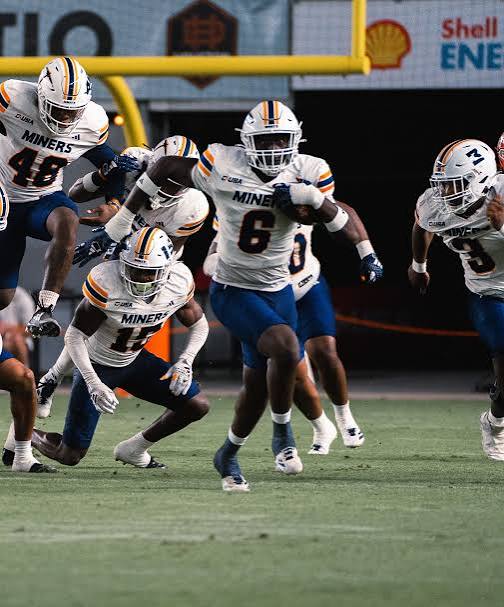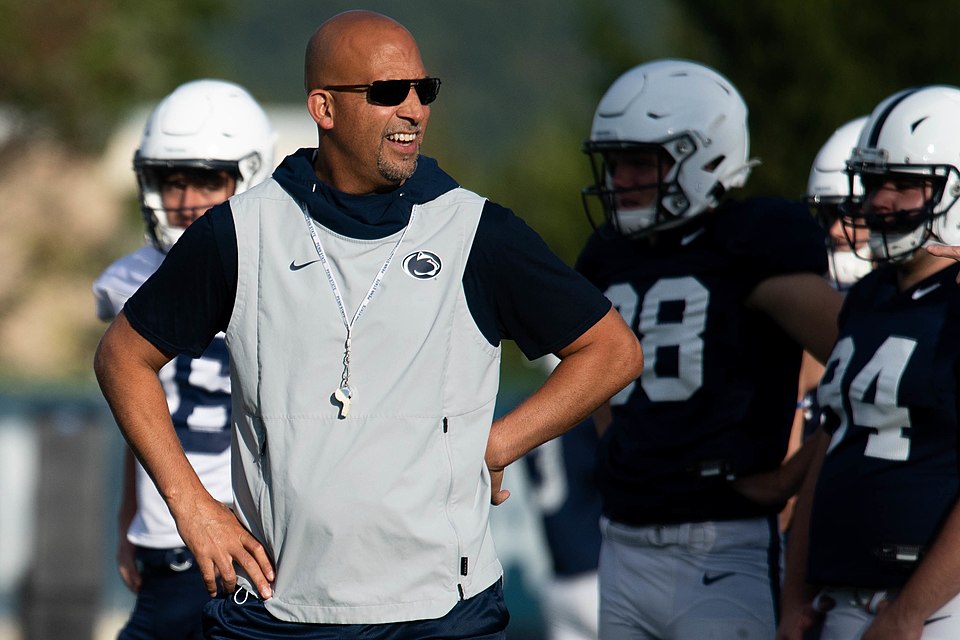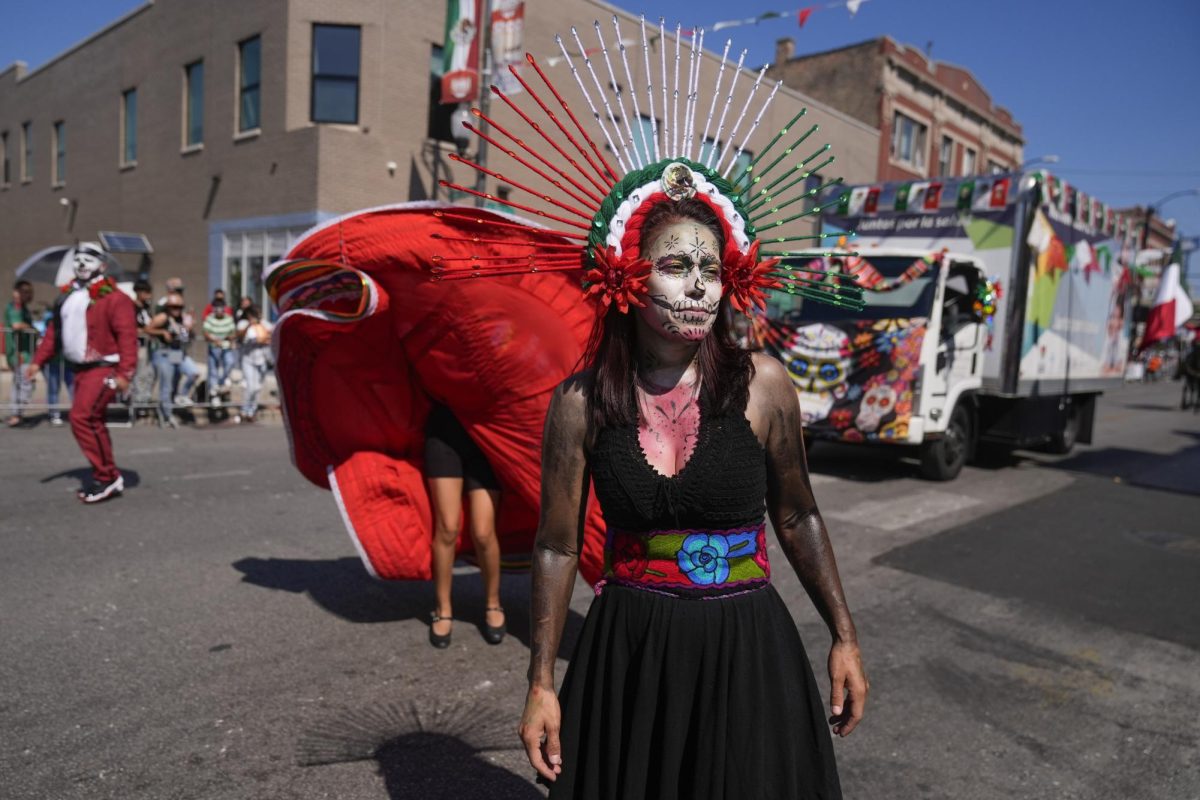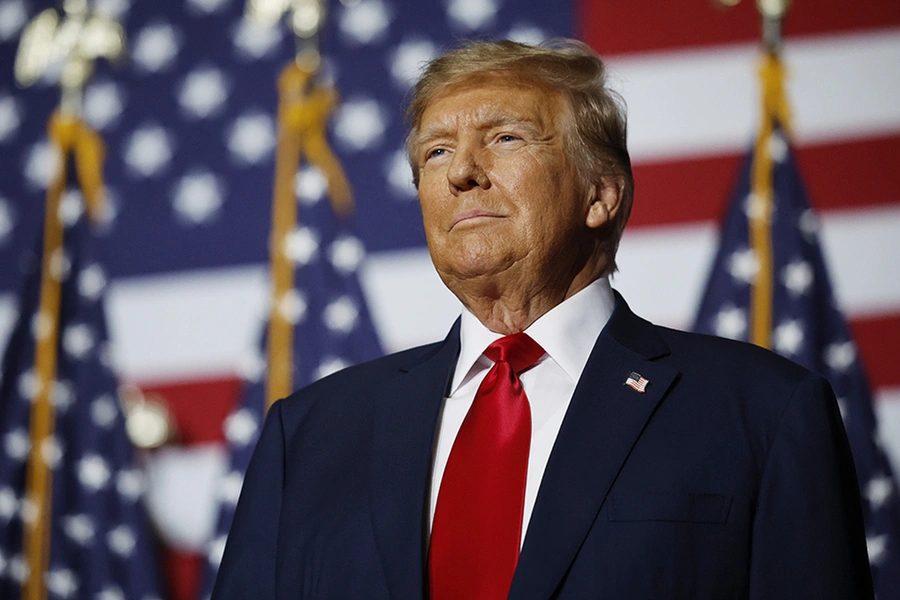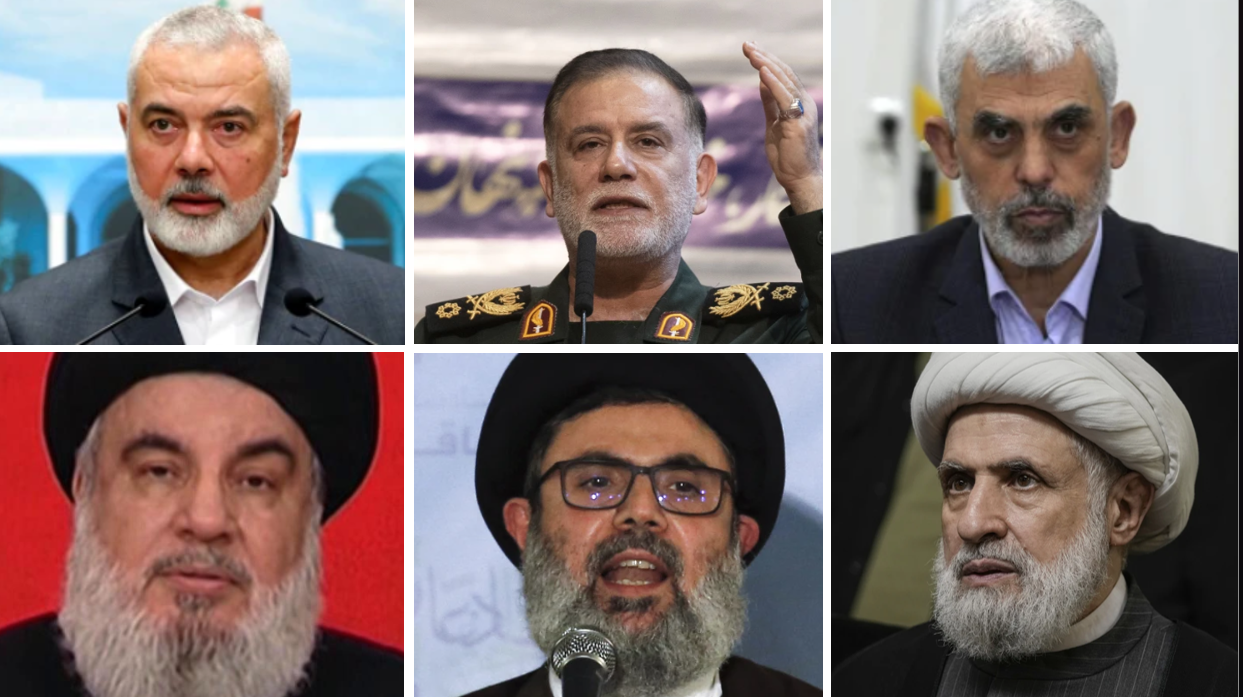
Beginning on October 7th, the war between Israel and Hamas has become a regional war. Israel is at war with almost all its neighbors: Hamas in Gaza, Hezbollah in Lebanon, Houthi in Yemen, a militant group in Syria, and with the Iranian government.
Meanwhile, Israel is focusing on killing the leaders of its opponents in amid the war. “All Hamas’ leaders are marked for death” said Israeli Prime Minister Benjamin Netanyahu in a news conference (AP, July 2024).
Whether Israel admits it or not for all, many Hamas, Hezbollah, and Iranian political and military officials have been killed or assassinated in recent months. Among Hamas’ leaders are: Saleh Al-Arouri, deputy Hamas chief, and founder of the military wing, the Qassam Brigades, killed by drone strikes in Beirut on January 2, 2024.
Ismail Haniyeh, the 4th political leader of Hamas, and was assassinated in Iran, on July 31, 2024.
Mohammed Deif, military commander, one of the founders of Hamas’s military wing, the Qassam Brigades, believed to be one of the masterminds of the October 7th attack, killed in Gaza on July 13, 2024.
On October 17, Israel announced the death of Yahya Sinwar, also a chief architect of Hamas’s attack on Israel, on October 7, 2023.
The following Hezbollah’s leader were assassin
ated or killed by Israel: Today Sunday, November 17, 2024, Mohammed Afif al-Naboulsi, spokesman, killed by air strike in northern Gaza’s Beit Lahiya (AP), Hassan Nasrallah, executive leader of Hezbollah, killed by air strike in Lebanon, Fuad Shukr, the top leading military commander and figure since Hezbollah was established 40 years ago, Nasrallah’s right-hand man, killed in Beirut, Lebanon on July 30, 2024. (The US imposed sanctions on Shukr in 2015 and accused him of playing a central role in the 1983 bombing of the US marine barracks in Beirut, which killed 241 Military personnel.
Ibrahim Qubaisi, a commander and leading figure in Hezbollah’s rocket division, and Ali Hussein Hazima, commander of Hezbollah’s intelligence headquarters, were killed by air strike in Birute Lebanon in September 2024.
Hashem Safieddine, executive council killed in Beirut on September 27th, 2024.
Ibrahim Aqil, Hezbollah’s top military operation commander, was killed by air strike in Beirut September 20, 2024.
Ahmed Wahbi was killed in Beirut on September 20, 2024. He was one of the top commanders who oversaw the military operations in Gaza war until early 2024.
Muhammed Nasser, also known as Hajj Abu Nimah, was a senior Hezbollah leader, head of a unit responsible for firing from southwestern Lebanon at Israel. He was killed in an Israeli air strike on July 3, 2024.
Israel has also killed Iranian officials, and Mohammad Reza Zahedi, senior commander in Quds Force of the Islamic Revolutionary Guard Corps, and his deputy Mohammad Hadi Hajriahimi was killed in an air strike in April 2024, that destroyed the Iranian consulate in Damascus.
Israel has been eliminating its rivals’ top officials for the past forty to fifty years, in the Middle East, Europe or somewhere else. For example: Mohmoud Al-Mahouh, January 2020, in Dubai, UAE, Mahmooud Al-Mazoub, May 2006, in Sidon, Lebanon, Khalid Nazzal, June 1986, in Athens, Greece, Abu Jihad, April 1988, in Tunis Tunisia, Mohamed Boudia, June 1973, in Paris, France, and Abdel Wael Zwaiter, October 1972, in Rome Italy.
However, the question is whether killing the top officials of its enemies alone can solve the problem. Eliminating leaders of a group, organization or any kind of entity can weaken its task or dissolve it at all, but it can also serve the opposite. Hamas and Hezbollah are also trying do the same thing, eliminating Israel’s leaders. “One drone launched at Caesarea reportedly targeted Prime Minister Benjamin Netanyahu’s residence” reported Jerusalem Post for the drones Hezbollah launched from Lebanon on October 9, 2024. “A fire broke out in the area of Achziv as a result of the Hezbollah attacks.” wrote Danielle Greyman-Kennard, Jerusalem Post on November 16, 2024.
In September, Safieddine described how Hezbollah viewed its leadership succession before he was assassinated by stating, “In our resistance, when any leader is martyred, another takes up the flag and goes on with new, certain, strong determination,”, AFP news agency.
“It is not surprising, in fact, almost expected, that when Israel kills a political or military leader of Hezbollah or Hamas, he is replaced by a more hardline leader, seeking revenge, and not compromise.
Professor Ibrahim Al-Marashi, teaching Middle East History at California State University San Marcos echoes Safieddine’s description, and says, “Assassinations have served only to embolden, anger, and make more determined Israel’s foes in the past, and they will continue to do so in the present” (Israel’s assassinations of Hamas and Hezbollah leaders will backfire, Aljazeera, 1 August 2024).
Khaled El-Gindy, analyst specializing in Palestinian affairs with the Washington-based Middle East Institute, also made a similar statement, “For the Israelis, it may give them the victory narrative they have, but it will harden Hamas’ position, too”, speaking in the context of cease-fire proposal.
Both Israel and Hamas are not implementing the ceasefire proposed by the international community (Proposal outlined by US president Joe Biden on May 31, supported by Egypt and Qatar, and backed by UN). Israel demanding Hamas to return the 101 remaining hostages, and Hamas wanting Israel to stop the hostilities, agree to withdraw and rebuild Gaza, including Rafah. Both are determined to annihilate each other. If Israel and Hamas do not agree for a permanent ceasefire, the regional and proxy war will continue. Killing the leaders on both sides may bring them closer to accepting a cease-fire deal.
However, both sides and the International Community need to solve the root causes of the problem permanently, in order to get out of the humanitarian, economic, environmental, and social catastrophes in that region.

